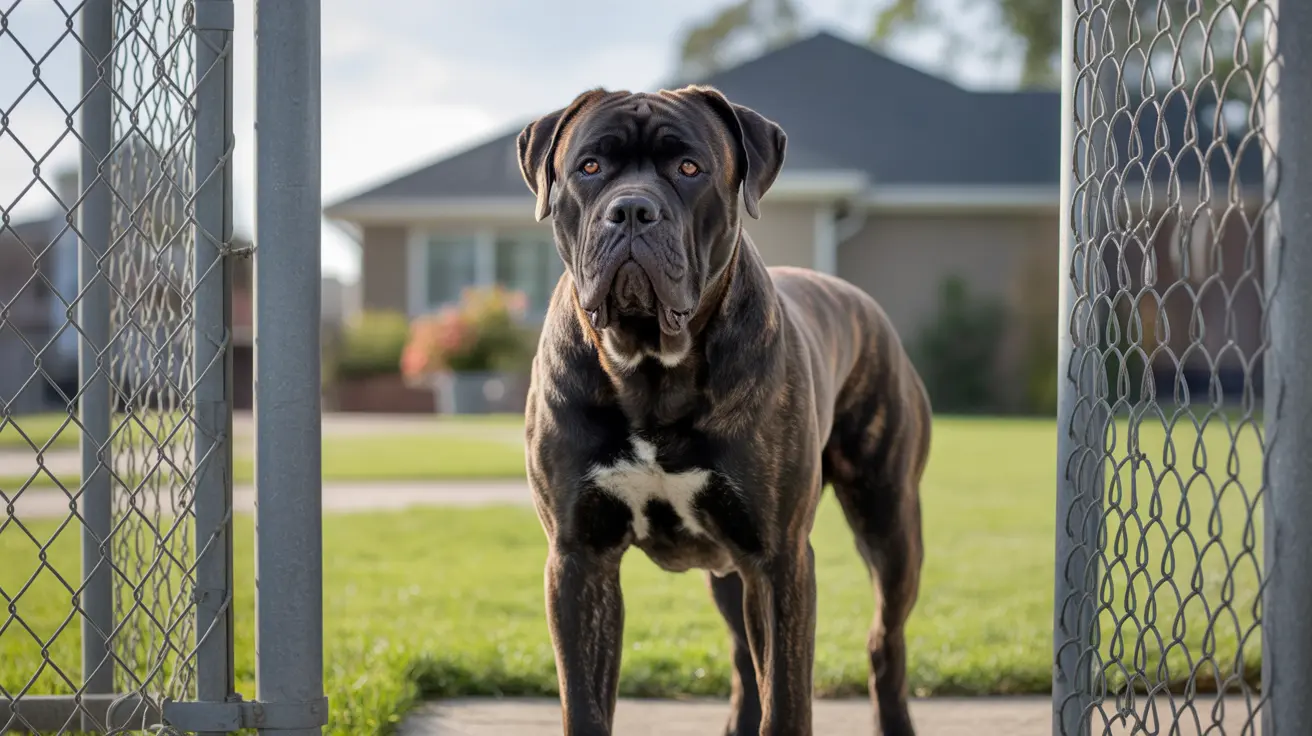A serious dog attack incident in Fulton County, Georgia has drawn attention to the critical importance of responsible pet ownership, particularly for large protective breeds. Actor Tyrese Gibson faced animal cruelty charges after his dogs were involved in a fatal attack on a neighbor's pet, leading to his arrest and subsequent release on a $20,000 surety bond.
The incident has sparked discussions about Cane Corso aggression and the responsibilities of dog owners in preventing such tragic events. Local authorities had reportedly received multiple complaints about the dogs roaming loose prior to the fatal attack, underlining the importance of proper containment and supervision of powerful breeds.
Understanding Dog Owner Legal Responsibilities
Pet owners, especially those with large protective breeds, must understand their legal obligations. In Georgia, dog owners can face both criminal charges and civil liability when their pets cause harm due to inadequate supervision. This case demonstrates how seriously authorities take incidents involving dangerous dog behavior, particularly when there's a pattern of concerning conduct.
Preventing Dog Aggression Through Proper Management
Responsible ownership of powerful breeds like Cane Corsos requires comprehensive management strategies:
- Secure containment systems
- Regular professional training
- Proper socialization from an early age
- Consistent supervision during outdoor activities
Large Dog Training Tips for Safety
Training and socialization are crucial elements in preventing aggressive behavior in protective breeds. Owners should focus on:
- Early exposure to various environments and situations
- Positive reinforcement training methods
- Regular exercise and mental stimulation
- Professional guidance when needed
Leash Laws and Compliance
Following local leash laws isn't just a legal requirement—it's a crucial safety measure. Dogs should always be properly restrained when outside their secure enclosure, regardless of their perceived friendliness or training level.
Dangerous Dog Incidents: Prevention and Response
When concerning dog behavior occurs in a neighborhood, swift action is essential. Residents should:
- Document all incidents
- Report concerns to local animal control
- Maintain open communication with neighbors
- Take preventive measures to protect their own pets
Frequently Asked Questions
What legal responsibilities do dog owners have if their dogs injure or kill a neighbor's pet?
In Georgia, dog owners can face criminal charges such as animal cruelty and civil liability if their dogs cause injury or death due to negligence or inadequate supervision. Owners must also comply with local animal control actions, including impoundment or euthanasia orders for dangerous dogs.
How can I prevent aggressive behavior in large protective breeds like Cane Corsos?
Early socialization, firm but gentle training, positive reinforcement, and ensuring mental and physical stimulation are critical to managing Cane Corso behavior. Proper supervision and preventing roaming off-leash are essential to reduce risks of aggression toward other animals or people.
Are Cane Corsos inherently aggressive or dangerous dogs?
Cane Corsos are not genetically aggressive by default but have a powerful protective instinct. Without proper training and socialization, they may display aggressive behavior. Breed alone is not a reliable predictor of dog attacks; owner responsibility and the dog's environment significantly influence behavior.
Conclusion
This incident serves as a sobering reminder of the serious responsibilities that come with dog ownership, particularly of powerful breeds. Whether you own a Cane Corso or any other breed, proper training, socialization, and management are essential for preventing tragic incidents and ensuring community safety.
Pet owners must remain vigilant and proactive in their approach to dog management, always prioritizing the safety of both their pets and the community at large. Through responsible ownership practices and adherence to local regulations, we can work together to prevent similar incidents in the future.






